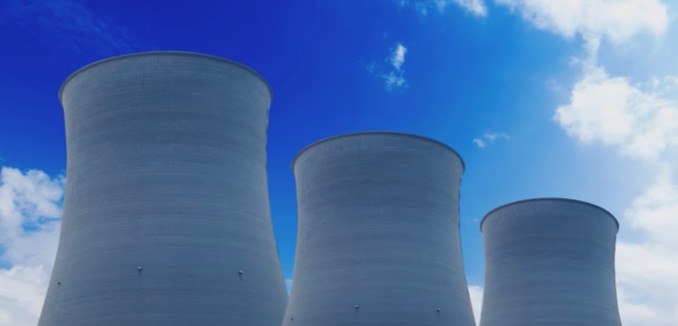The United States’ decision to purchase 32 tons of Iran’s excess “heavy water,” nuclear runoff which can be used to produce weaponizable material, sets a bad precedent by allowing the Islamic Republic to exceed the restrictions mandated by last year’s nuclear deal, which will legitimize its nuclear program and hurt allies, analysts from the Institute for Science and International Security argued in a study (.pdf) published on Monday.
The nuclear deal limits Iran to 130 tons of heavy water, and allows Iran to sell it to other countries under certain conditions. But after Iran created more heavy water than it anticipated, it transferred 50 tons of heavy water to Oman in anticipation of selling some of it to the United States—a maneuver allowing Iran to maintain its compliance with the deal by limiting the heavy water in the country. But the transfer of heavy water to a third country without a sale is not specifically approved by the nuclear deal.
David Albright and Andrea Stricker argued in the study that the move raised questions about Iran’s ultimate compliance with the deal. They also noted that the U.S. purchase legitimizes Iran as a supplier of nuclear materials, hurting American allies who normally fulfill that role. The American purchase of Iran’s heavy water, some of which will be used by the Department of Energy’s Spallation Neutron Source at Oak Ridge National Laboratory, forced the cancellation of a heavy water shipment from Canada. The Iranian purchase threatens to “undermine this commercial plan and thus the development of a reliable heavy water supply for the United States,” the analysts wrote.
It also might contradict what Energy Secretary Ernest Moniz told The Wall Street Journal in April, when he said the United States government would not be a regular customer of Iranian heavy water, but “maybe some companies in the U.S. will be part of that customer base. They’ve got to figure it out. [The Iranians] have to establish their presence on the international market if they’re going to keep producing [heavy water].” Encouraging ongoing Iranian sales of heavy water suggests that the country is a “responsible nuclear supplier,” Albright and Stricker wrote, but in reality, Iran is an “irresponsible state dedicated to illicit commodity trading activities throughout the world.”
Albright and Stricker called on the United States to close the loophole that allows Iran to ship heavy water to Oman to keep it from violating the 130-ton limit. The United States and its partners should also resolve not to purchase Iranian heavy water, forcing Iran to “blend down” excess heavy water into regular water or risk violating of the nuclear deal.
The heavy water purchase agreement was carried out in secrecy with limited legislative oversight. This led to the impression that “that the administration, whether or not fair, appears more dedicated to protecting the JCPOA against critics and helping Iran avoid its own self-created, potential violations of the JCPOA,” Albright and Stricker wrote. They concluded by stating that Iran must change its behavior if it wants to be considered a responsible nuclear supplier:
If Iran wants to show it has embarked on a more responsible path, the first test should be that it announces it will stop its illicit procurements for missiles and conventional arms as obligated under UNSCR 2231. It should also strictly adhere to the UN procurement channel provision regarding nuclear supply.
[Photo: wochit Business / YouTube ]




